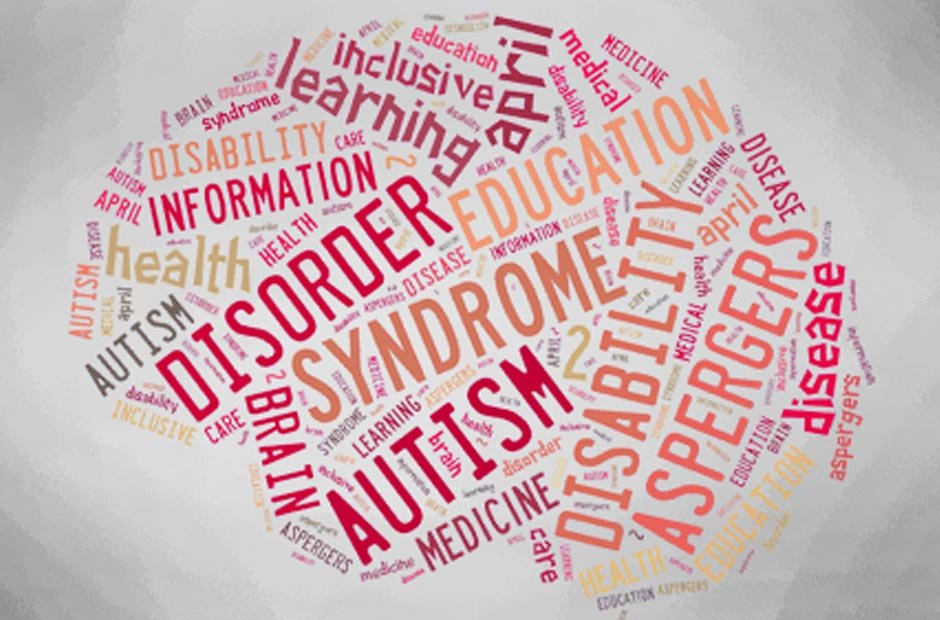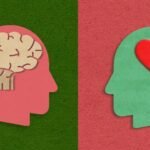The post is developed in partnership with BetterHelp.
Children, teenagers, adults, and the elderly are all at risk of developing mental health conditions, making it a pressing issue for everyone. Although mental health disorders are common, many people aren’t aware of the signs and symptoms that may point to one.
Recognizing different types of mental disorders and being able to spot their symptoms can be crucial to helping yourself as well as your loved ones, as many require professional support and treatment, along with lifestyle changes. Your awareness can be the difference between struggling in silence and getting timely guidance and care.
Keep reading to learn more about five of the most common mental health disorders and what symptoms individuals might present with when experiencing these conditions.
5 Common Mental Health Disorders And Their Symptoms
Below are five of the most common mental health conditions in the world as well as a description of their symptoms and typical treatment.
Depression
Depression is marked by a consistently sad mood and loss of interest in previously enjoyed activities. Its other symptoms can include fatigue, sleeping too little or too much, feeling hopeless, having difficulty concentrating, overeating or undereating, and experiencing various aches and pains throughout the body.
Certain factors may put individuals at higher risk of developing depression including abuse, faulty brain chemistry, a family history of the disorder, traumatic life events, substance misuse, some kinds of medication, and more. Depression is typically treated using medication and therapy, or a combination of the two.
Anxiety
Although anxiety is a natural feeling that can occasionally come up when taking a test, giving a speech in front of a big audience, or dealing with financial concerns, it can also spiral into a disorder when it interferes with daily functioning.
As a mental health disorder, anxiety causes a persistent, intense feeling of dread, doubt, fear, and worry. Its symptoms can include irritability, uncontrollable thoughts, restlessness, difficulty focusing, and sleep issues like insomnia. Sweating, dizziness, and heart palpitations might also be present.
Speaking with a therapist can often be beneficial in treating anxiety disorders, but sometimes medication is also utilized to have the greatest effect.
Obsessive-Compulsive Disorder (OCD)
Obsessive-Compulsive Disorder (OCD) is characterized by intrusive thoughts that cause immense distress (obsessions), followed by compulsions to try to relieve these feelings. Often, obsessions center around something forbidden or taboo, such as topics surrounding religion, sex, or harm. Other obsessions might be related to germs or another subject, but every case varies.
The frontline treatment for OCD is exposure and response therapy (ERP), which involves slowly confronting one’s fears while resisting compulsions. Over time, ERP teaches people with OCD how to tolerate their discomfort and anxiety, lessening these feelings with each exposure. OCD can make it difficult to leave the house, depending on the obsessions, fears, and compulsions someone is struggling with. BetterHelp offers online therapy for people who prefer to work on their mental health from the comfort of home.
Post-Traumatic Stress Disorder (PTSD)
Post-Traumatic Stress Disorder (PTSD) is a mental health disorder caused by experiencing or witnessing a traumatic, frightening, or life-threatening situation. Common causes of PTSD include assault, abuse, unexpected death, natural disasters, terror attacks, car accidents, military combat, and more.
Symptoms can vary depending on the person and typically begin around the three-month mark after the event has occurred. However, this timeline can look different for everyone. The following symptoms are typical in those living with PTSD: insomnia, flashbacks, anxiety, withdrawal from loved ones, intrusive thoughts, guilt, and more.
PTSD is usually treated with therapy, medication, or both.
Bipolar Disorder
Bipolar disorder is a mood disorder involving alternating periods of mania and depression. Individuals with this disorder may feel as if they’re on a physical and emotional roller coaster, as their energy levels, mood, and ability to concentrate can change without warning.
Mania is characterized by high energy and excitement; those experiencing it often feel invincible and on top of the world. Contrastingly, depression causes people to feel sad, hopeless, and fatigued—the very opposite of mania. Each episode of mania lasts at least a week, while periods of depression span two weeks or more. These episodes continue to alternate throughout the individual’s lifetime.
Treatment for bipolar disorder typically involves a combination of medication and therapy to help the individual control their symptoms and manage their mood.
Overcoming Mental Health Concerns
Although people may not always openly discuss their mental health, know that these struggles are common, and you’re not alone. Remember that everyone’s journey with mental health is unique and each of these disorders affects people differently. It’s important to seek help from a professional who specializes in the specific disorder you’re experiencing to get a personalized treatment plan tailored to your needs. Support is available, whether through therapy, medication, or a mixture of both. By reaching out for help, you can take the first step toward managing your mental health and finding healing.
















